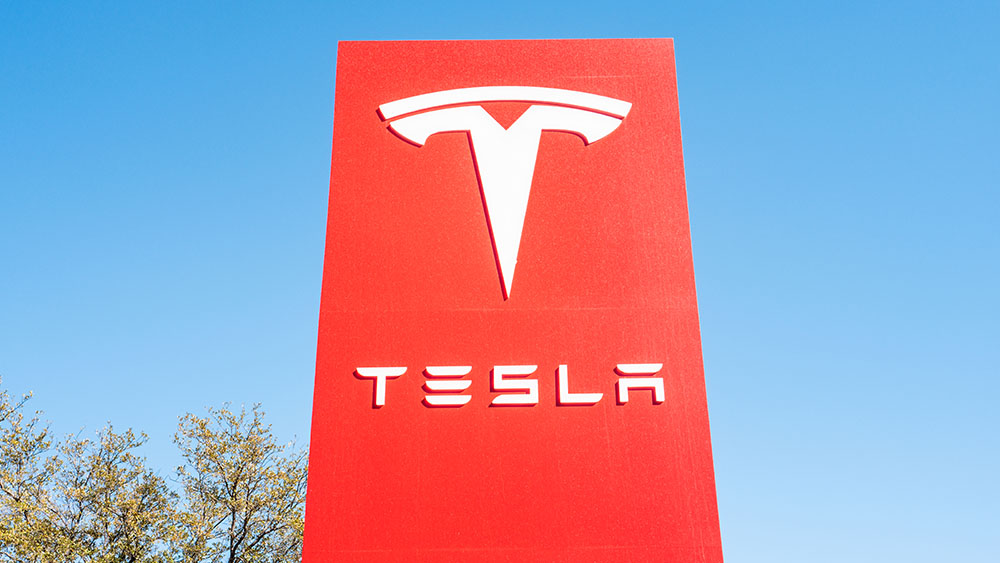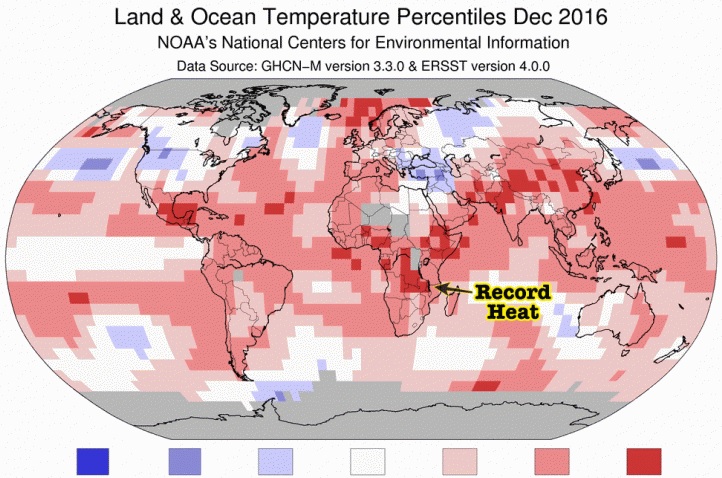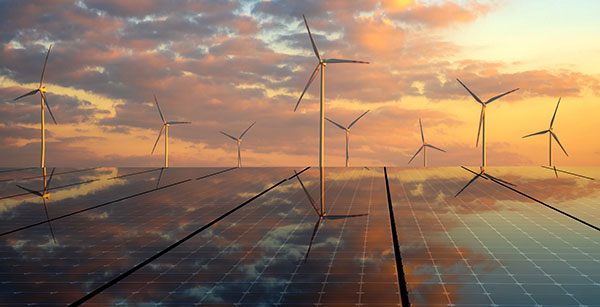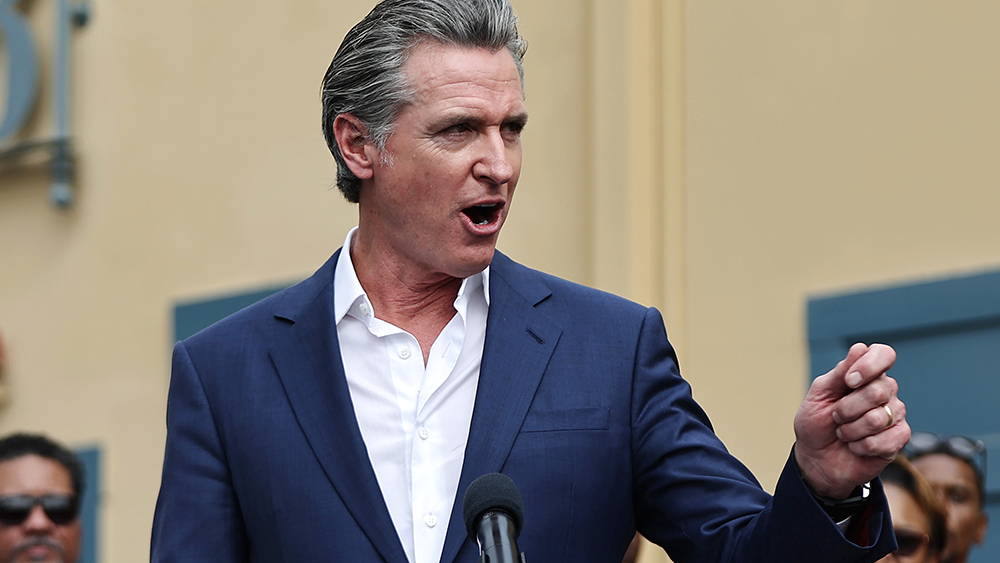Big Oil’s retreat from renewables accelerates as Shell scraps $1B Rotterdam biofuel project
09/04/2025 / By Cassie B.

- Shell abandons its flagship Rotterdam biofuel plant, admitting green energy is unprofitable and unworkable at scale.
- The company joins BP and others in retreating from renewables, prioritizing fossil fuels as climate targets are quietly weakened.
- Biofuels, once hailed as the future, collapse under market reality, proving dependent on subsidies and mandates to survive.
- Cheap Chinese imports and oversupply expose the fragility of Western green energy schemes, leaving taxpayers footing the bill.
- Shell’s reversal underscores a harsh truth: the global economy still runs on oil and gas, no matter how hard activists push alternatives.
Just a few years ago, Shell was touting its Rotterdam biofuel plant as a cornerstone of Europe’s green energy future—a facility that would churn out 820,000 tonnes of “sustainable” aviation fuel and renewable diesel annually. But now, after pouring millions into construction, the oil giant has pulled the plug, admitting what skeptics have known all along: green energy isn’t just expensive—it’s unworkable at scale.
The company announced this week that it would not resume construction on the Rotterdam facility, which had been paused since July 2024 due to “weak market conditions.” Machteld de Haan, Shell’s president of downstream, renewables, and energy solutions, delivered the final blow in a statement: “It became clear that the project would be insufficiently competitive to meet customers’ need for affordable, low-carbon products.” Translation? The numbers didn’t add up, and no amount of climate virtue-signaling could justify throwing good money after bad.
This isn’t just a setback; it’s a full-blown retreat. Shell’s decision follows a broader industry exodus from renewables as oil majors return to their bread and butter: fossil fuels. BP already axed two biofuel projects last year, and Shell itself scrapped a sustainable aviation fuel (SAF) plant in Singapore in 2023. Even the company’s own emissions targets have been watered down, with Shell now aiming for just a 15-20% reduction in carbon intensity by 2030, down from its original 20% goal. The message is clear: when profits conflict with climate dogma, profits win every time.
The green energy mirage crumbles
The Rotterdam plant was supposed to be a flagship for Europe’s energy transition, converting waste cooking oil and animal fat into “low-carbon” jet fuel. Proponents claimed it would help airlines slash emissions—never mind that aviation accounts for just 3% of global CO?, or that SAF remains a niche product with dubious scalability. Critics, meanwhile, warned that biofuels were little more than a corporate subsidy scheme, propped up by government mandates and taxpayer-funded incentives.
Shell’s abandonment of the project proves those critics right. The company had already taken a $780 million impairment charge when it paused construction last year. Now, after pouring €6.5 billion ($7.6 billion) into Dutch “energy transition” projects, including a hydrogen plant and CO? storage, Shell is cutting its losses. The reason? “Market dynamics”, which is little more than a polite way of saying that biofuels can’t compete with conventional fuels on price, reliability, or performance.
And Shell isn’t alone. Sweden and Finland have rolled back renewable fuel mandates, flooding the market with excess biofuels and driving prices down. Meanwhile, cheap imports from China, where environmental regulations are lax and production costs are low, are undercutting Western producers. The result? A glut of “green” fuel that no one actually wants to buy without heavy subsidies or legal mandates.
Back to reality: Fossil fuels still power the world
The writing has been on the wall for years. Wind and solar projects have faced similar collapses, with companies like Ørsted and Siemens Energy posting billions in losses as turbine failures, supply chain woes, and soaring costs exposed the fragility of renewables. Now, even biofuels—the darling of the “net-zero” crowd—are proving unsustainable without constant government life support.
Shell’s retreat is a microcosm of the larger energy reality: no matter how much money you throw at it, you can’t force an unprofitable, inefficient technology to work. The company’s shift back to fossil fuels isn’t just about shareholder value. It’s an admission that the global economy still runs on oil and gas, and no amount of wishful thinking (or climate conferences) will change that overnight.
Of course, the climate industrial complex won’t take this lying down. Environmental groups will scream “betrayal,” politicians will threaten new regulations, and the media will frame this as another example of corporate greed. But the truth is simpler: green energy has failed its first real stress test. When forced to compete in the real world without endless subsidies, mandates, and hype, it collapses.
Sources for this article include:
Submit a correction >>
Tagged Under:
biofuels, energy report, energy supply, environ, global economy, Globalism, green energy, renewables, shell, supply chain, wind power
This article may contain statements that reflect the opinion of the author


















